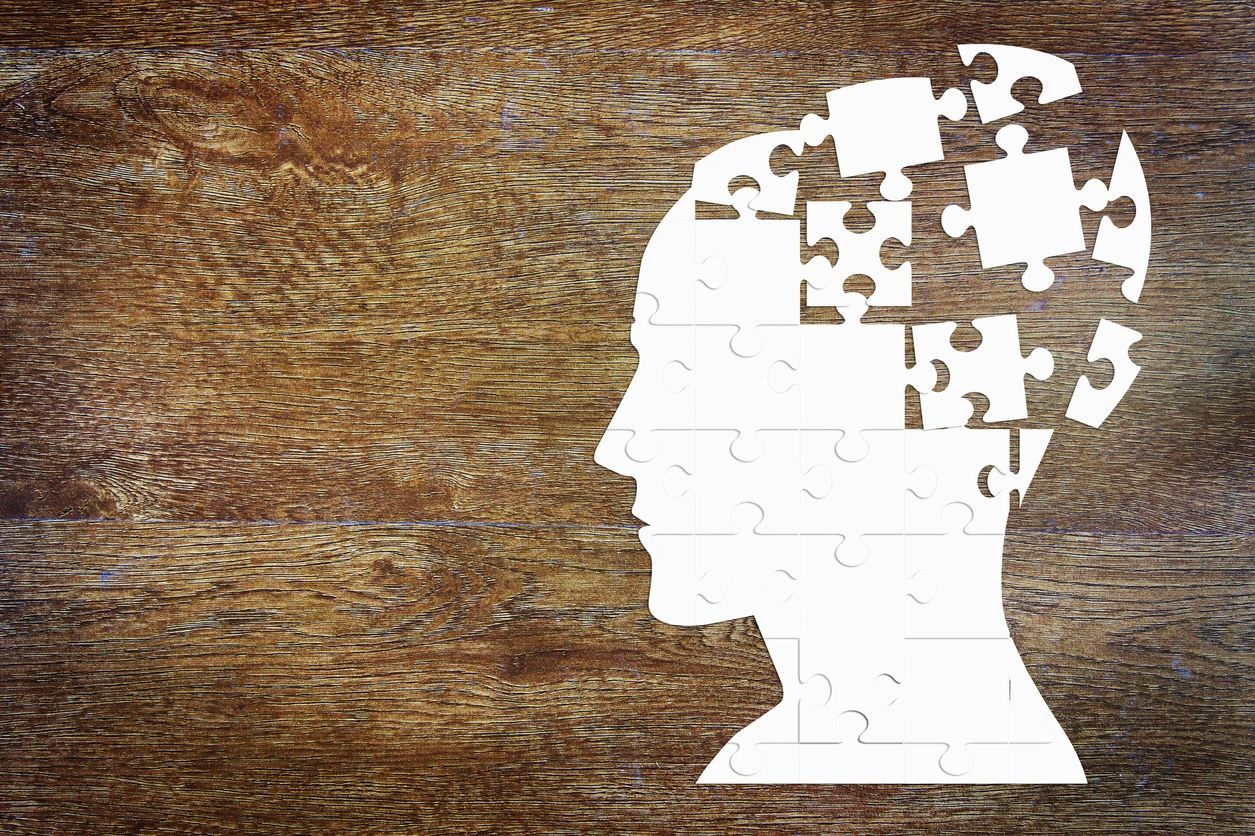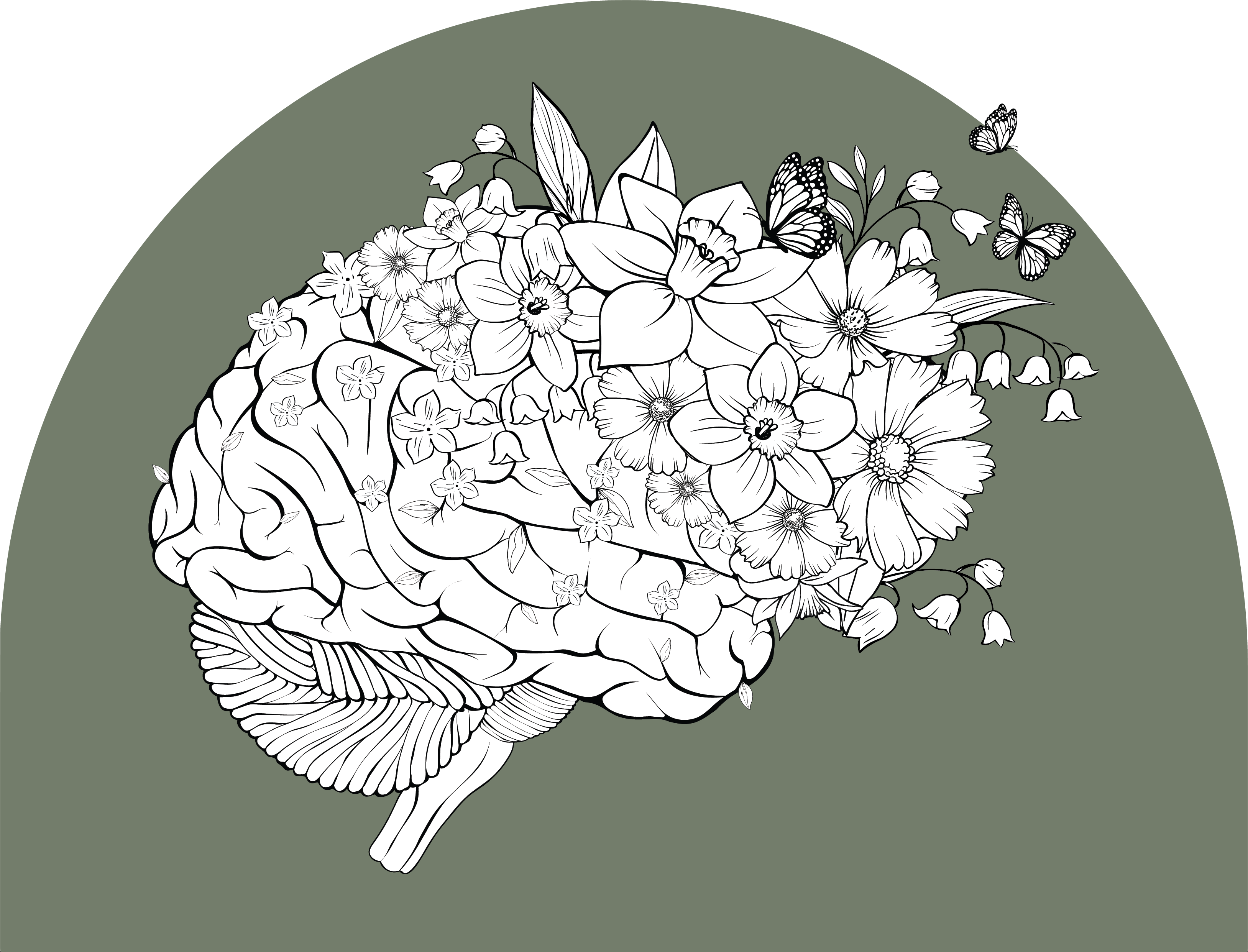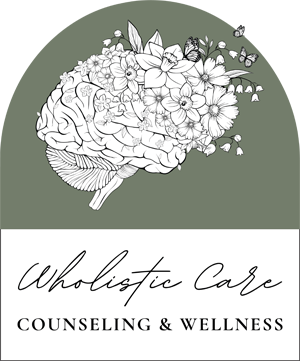Mental stressors are prevalent in today's fast-paced world, affecting individuals from all walks of life. Whether it's due to work, finances, relationships, or health issues, managing stress is essential for maintaining good mental health. Here are some common stressors people face and practical tips to overcome them:

Work-related Stressors
Long Working Hours
Many individuals find themselves working long hours, leading to burnout and exhaustion. To combat this, it's crucial to prioritize work-life balance. Set boundaries and allocate time for relaxation and leisure activities.
High-pressure Deadlines
Deadlines can induce significant stress, but breaking tasks into smaller, manageable chunks can make them feel more achievable. Additionally, effective time management techniques such as the Pomodoro Technique can help increase productivity while reducing stress.
Work-life Balance Issues
Striking a balance between work and personal life is vital for overall well-being. Make time for hobbies, socializing, and self-care activities to prevent burnout and maintain a healthy perspective on life.
Financial Stressors
Debt and Financial Instability
Financial worries can weigh heavily on individuals, impacting their mental health. Creating a budget, seeking financial advice, and exploring debt repayment strategies can help alleviate financial stress.
Job Loss or Insecurity
Job loss or insecurity can trigger feelings of anxiety and uncertainty. While job hunting, focus on building new skills, networking, and exploring alternative sources of income to regain financial stability.
Economic Downturns
During economic downturns, it's essential to adapt to changing circumstances and prioritize essential expenses. Look for opportunities to save money, explore government assistance programs, and consider alternative employment options.
Relationship Stressors
Conflict with Family or Friends
Conflicts with loved ones can cause significant emotional distress. Practice effective communication, active listening, and empathy to resolve conflicts and strengthen relationships.
Breakups or Divorce
Ending a relationship can be emotionally challenging, but seeking support from friends, family, or a therapist can help individuals navigate this difficult time and heal from emotional wounds.
Loneliness and Isolation
Feelings of loneliness and isolation can exacerbate mental stress. Make an effort to connect with others, join social groups or clubs, and engage in activities that foster a sense of belonging and community.
Health-related Stressors
Chronic Illness or Pain
Living with chronic illness or pain can take a toll on one's mental health. Focus on self-care practices such as proper nutrition, exercise, and relaxation techniques to manage symptoms and improve overall well-being.
Mental Health Disorders
Conditions such as depression and anxiety can significantly impact daily functioning. Seek professional help from therapists, psychiatrists, or support groups to receive appropriate treatment and support.
Traumatic Experiences
Experiencing trauma can lead to lasting psychological effects. Processing trauma through therapy, support groups, and self-care activities can facilitate healing and promote resilience.

Tips to Overcome Mental Stressors
Prioritize Self-care and Relaxation Techniques
Make time for activities that bring joy and relaxation, such as meditation, yoga, or hobbies. Taking care of your mental and emotional well-being is essential for managing stress effectively.
Seek Professional Help if Needed
Don't hesitate to reach out to mental health professionals if you're struggling to cope with stress. Therapy, counseling, and medication can provide valuable support and guidance during challenging times.
Build a Strong Support Network
Surround yourself with supportive friends, family members, and peers who can offer encouragement and understanding. Lean on your support network during difficult times and reciprocate their support when needed.
Exercise and Physical Activity
Regular exercise is a powerful stress reliever, releasing endorphins and improving mood. Aim for at least 30 minutes of physical activity most days of the week, whether it's walking, jogging, or dancing.
Mindfulness and Meditation
Practicing mindfulness and meditation can help calm the mind and reduce stress levels. Incorporate mindfulness exercises into your daily routine, such as deep breathing, body scans, or mindful eating.
Healthy Lifestyle Habits
Maintaining a healthy lifestyle is crucial for managing stress. Eat a balanced diet rich in fruits, vegetables, and whole grains, stay hydrated, and get adequate sleep each night.
Time Management and Organization
Effective time management skills can help reduce feelings of overwhelm and anxiety. Use tools such as calendars, to-do lists, and time-blocking techniques to prioritize tasks and allocate time efficiently.
Social Connections and Relationships
Nurturing positive relationships is essential for emotional well-being. Make an effort to spend time with loved ones, engage in meaningful conversations, and participate in social activities.
Positive Thinking and Affirmations
Cultivating a positive mindset can help reframe negative thoughts and reduce stress. Practice gratitude, affirmations, and positive self-talk to foster optimism and resilience.
Seeking Professional Help
If stress becomes overwhelming or persistent, don't hesitate to seek professional help. Therapists, counselors, and support groups can provide valuable support and guidance in managing stress and improving mental health.
Creating a Healthy Work Environment
Promoting mental health awareness in the workplace is essential for employee well-being. Employers can implement policies that prioritize work-life balance, offer mental health resources, and foster a supportive and inclusive work culture.

Conclusion
In conclusion, mental stressors are common challenges that many individuals face in their daily lives. Whether it's related to work, finances, relationships, or health, managing stress is crucial for overall well-being. By prioritizing self-care, seeking support, and adopting healthy coping strategies, individuals can effectively overcome mental stressors and lead fulfilling lives.





